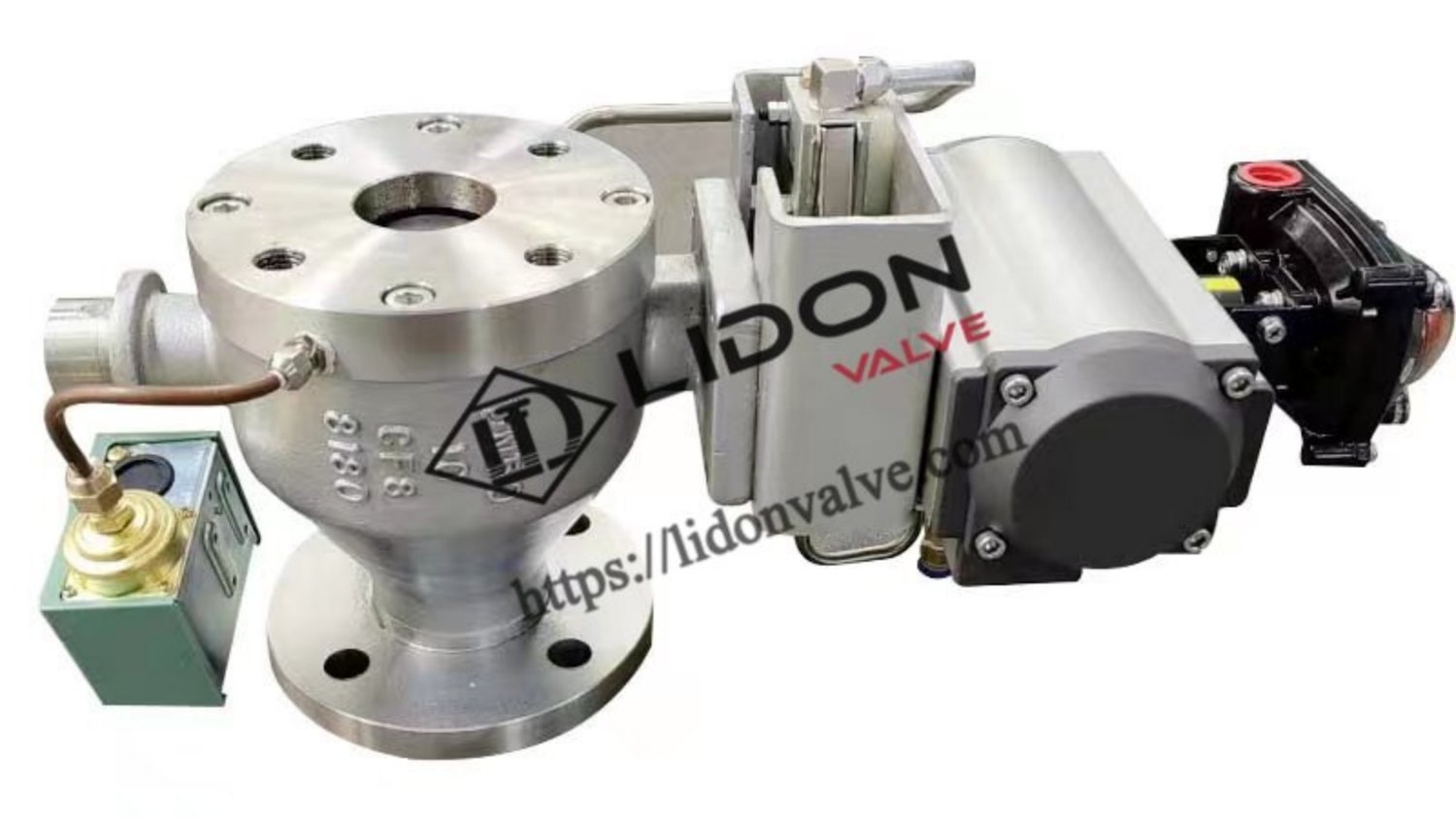The Basics: Understanding Dome Valves
A dome valve is a type of valve that is commonly used in industrial applications to control the flow of materials, such as powders, granules, and bulk solids. This unique valve design features a dome-shaped disc that seals against a seat, creating a tight closure to prevent material leakage. Dome valves are highly effective for handling abrasive and challenging materials, making them a popular choice in industries such as mining, cement, power generation, and chemical processing.
How Does a Dome Valve Work?
The operation of a dome valve is relatively simple yet efficient. When the valve is in the closed position, the dome-shaped disc seals against the seat, forming an airtight seal. This prevents any material from passing through the valve. To open the valve, compressed air is introduced into the dome chamber, creating pressure that lifts the dome disc off the seat, allowing the material to flow through. Once the desired flow rate is achieved, the air pressure is released, and the dome valve returns to its closed position.
The Advantages of Dome Valves
Dome valves offer several advantages over other types of valves. Firstly, their unique design eliminates the need for additional sealing mechanisms, such as packing or gaskets, reducing the risk of leakage. This makes dome valves highly reliable and suitable for applications where leakage can have serious consequences.
Secondly, dome valves are highly resistant to abrasive materials, making them ideal for handling abrasive powders and bulk solids. The dome disc, typically made of wear-resistant materials such as stainless steel or ceramic, provides excellent resistance to wear and erosion, ensuring a longer valve lifespan and reduced maintenance costs.
Furthermore, dome valves offer excellent control over the material flow rate. The quick and precise response of these valves allows for accurate flow control, minimizing material wastage and improving overall process efficiency.
Applications of Dome Valves
Dome valves find wide application across various industries. One of the primary uses of dome valves is in pneumatic conveying systems, where they effectively control the flow of materials through pipes and ducts. They are also commonly used in silos and hoppers to regulate the discharge of bulk solids.
In the mining industry, dome valves are utilized in slurry pipelines, where they provide reliable and efficient control of abrasive slurries. In power generation plants, these valves are employed in the handling of fly ash and other materials used in the combustion process. Dome valves also find application in cement production, chemical processing, and other industries where the handling of abrasive materials is required.
Choosing the Right Dome Valve
When selecting a dome valve for a specific application, several factors need to be considered. These include the material being handled, the required flow rate, operating pressure and temperature, and any specific industry standards or regulations.
It is crucial to choose a dome valve that is designed to handle the specific characteristics of the material, such as its abrasiveness, particle size, and flow properties. Additionally, considering the operating conditions, such as temperature and pressure, ensures the valve can perform reliably in the given environment.
Maintenance and Troubleshooting
To maintain optimal performance, dome valves require regular inspection and maintenance. This typically involves checking for any signs of wear or damage to the dome disc and seat and ensuring proper lubrication of moving parts. It is also important to clean the valve regularly to prevent material buildup that could affect its operation.
If a dome valve is not functioning correctly, troubleshooting may be necessary. Common issues include material leakage, difficulty in opening or closing the valve, and inconsistent flow rates. These problems can often be resolved by adjusting the air pressure, inspecting and cleaning the valve, or replacing worn-out components.
Conclusion
Dome valves are reliable, efficient, and versatile valves that play a crucial role in controlling the flow of abrasive materials in various industries. Their unique design, resistance to wear, and precise flow control make them an excellent choice for applications where material leakage, abrasion, and precise flow control are critical. By understanding the basics of dome valves and considering the specific requirements of the application, industries can ensure optimal performance and maximize their operational efficiency.

